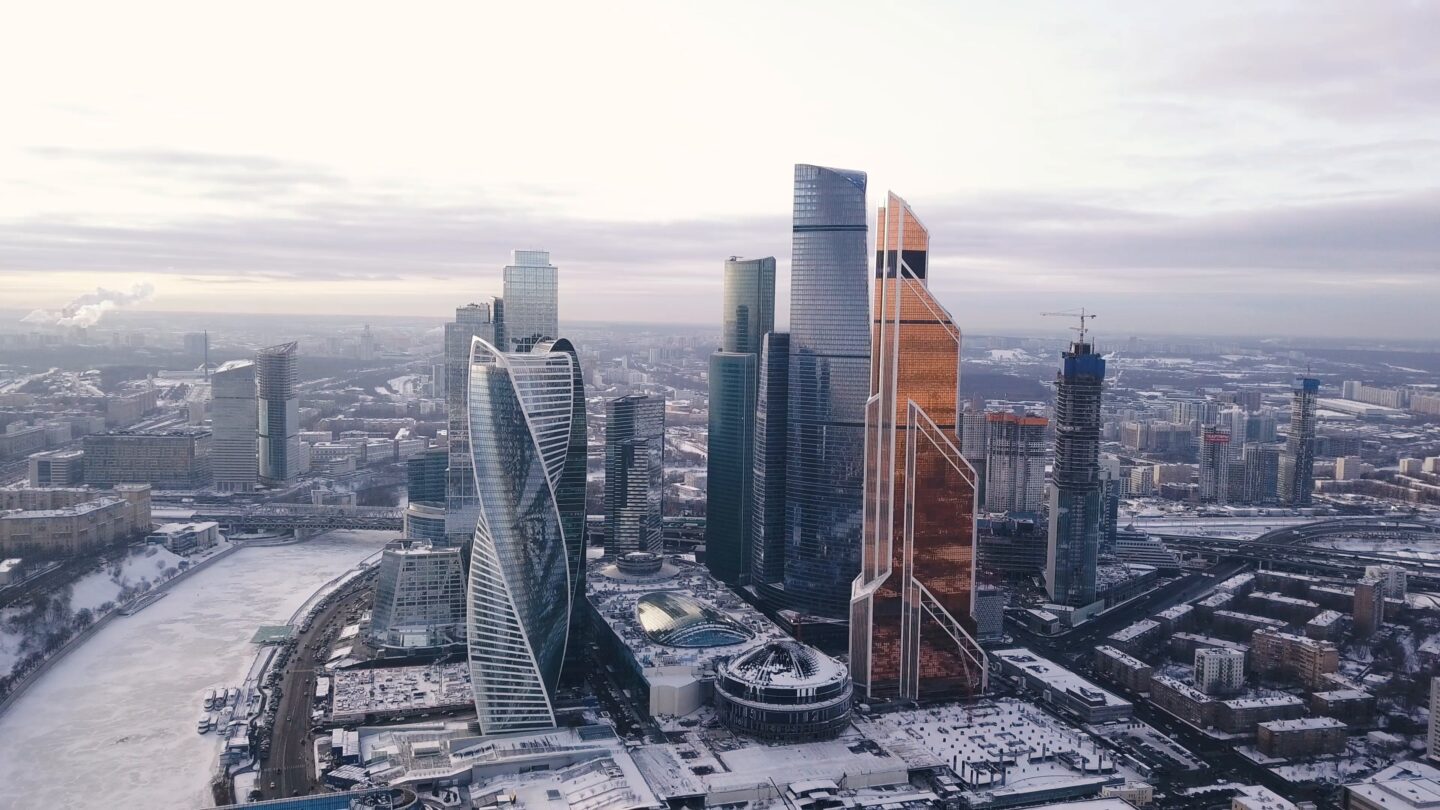
Busting the myths of M&A: 4 steps to success
Busting the myths of M&A: New research reveals why old merger strategies fail and how fresh thinking can lead to lasting value for both sides of the deal....

by Arturo Bris Published July 28, 2023 in Finance • 5 min read
We all know Russia should, in principle, face significant economic consequences for its unjust invasion of Ukraine. And yet, it may surprise some to hear that the Russian economy has not suffered very much as a result. Why is that?
The reality is that we have moved far from a world with just two blocs, be that West and East or developed and developing economies. What we have now is an increasingly fragmented world where there are influential nonaligned players like India, Saudi Arabia, Turkey, and Brazil cutting deals with nontraditional partners. Through swing states, more countries can continue to do business with Russia, securing its precious energy resources – and undermining the West’s sanctions. Now the world is flat.
That is to say, countries that want to continue to do business with Russia can do so directly or indirectly. It’s dividing the world in new ways, throwing traditional alliances into question. In this newly flattened world, companies need to navigate a more complex international environment, one in which nations are protecting their own interests and not deep loyalties or higher principles. If one needs to sign a trade treaty with the United States, it’s done. If one needs to sign a trade treaty with China, that’s done as well.
Recently, human rights groups and Ukrainian officials have protested what they see as falling short of our principles. For example, the United States’ purchases of Russian crude oil that has been refined in India is seen as an indirect support of Russia’s war. But principles? What principles, exactly?
It is an uncomfortable truth that we don’t have global principles that have been proven to be the so-called 'right' ones.
Consider this. For the month of April 2023, the venerable United Nation’s Security Council was headed by Russia. It was Vladimir Putin’s Russia, despite Ukraine trying to urge other UN members to block the move. I take that as further evidence that we’re currently in a world that, de facto, ignores principles. It’s all about economic outcomes. And so, if we need Russian energy for better economic outcomes, that’s how it will be.
It is an uncomfortable truth that we don’t have global principles that have been proven to be the so-called “right” ones. From an economic perspective, it’s not clear that democracies are better for people than more authoritarian regimes, it’s not clear that free trade has brought more benefits than trade restrictions, and it’s not clear that technology has been good for society: it hasn’t boosted productivity, as the data shows. At the end of the day, it’s not surprising that our focus is on economic outcomes. If we make sure our economies grow, people will have jobs and can turn on their heating in the winter. Who cares about the rest? I see this is part of our zero-sum economy. Where there’s a winner, there’s a loser – and the net is zero.
Let’s look at some of the data for Russia. My colleague at IMD, Niccolò Pisani, researched the actual divestments from Russia of Western businesses registered in countries leading the sanctions campaign. In the nine months following Russia’s February 2022 invasion of Ukraine, Pisani and his coauthor Simon Evenett of the University of St. Gallen examined divestments from companies registered in the European Union as well as the United States, the United Kingdom, Japan, and Canada.
Russia will come right back into the fold to be part of the global economy. Because we need what Russia has – and, in this zero-sum game, if we don’t secure it, someone else will.
Their results are startling: Only about 8.5% of EU and G7-registered firms had completed a divestment from at least one Russian subsidiary. (To be cautious, Pisani offers a range of 5% to 13%, as it depends upon precisely how the corporate public evidence is used and interpreted.) But any way you slice it, that number is very low. And so, Russia’s economy is not suffering much. The paper titled “Less than Nine Percent of Western Firms Have Divested from Russia” is available online.
Also, the most recent data from the International Monetary Fund expects the Russian economy to grow 0.7% this year. Within Russia, there’s reportedly even more optimism. At a meeting at the Kremlin on 4 July, Prime Minister Mikhail Mishustin told Putin that Russia’s GDP growth may exceed 2% this year and consumer price inflation may not rise above 5% in annual terms, as Reuters reported.
This is how to think about Russia in a zero-sum economy with geopolitical fragmentation abounding. Doing business with Russia, the world’s 11th largest economy worth over $1.7tn, is proving too tempting to ignore. Pretending otherwise is closing our eyes to the uncomfortable facts.
Even if Russia ends up as a loser politically in its current war, which I hope it will be, it won’t suffer much economically. The fragmented environment we face in geopolitics protects it. And that means that when the war is over, Russia will come right back into the fold to be part of the global economy. Because we need what Russia has – and, in this zero-sum game, if we don’t secure it, someone else will.

Professor of Finance at IMD
Arturo Bris is Douglas Geertz IMEDE 1988 Professor in Geopolitics and Business and Professor of Finance at IMD. Since January 2014, he has led the world-renowned IMD World Competitiveness Center. At IMD, Bris directs the Boards and Risks program and Blockchain and the Future of Finance program. He also previously directed the flagship Advanced Strategic Management program between 2009 and 2013.

July 7, 2025 • by Patrick Reinmoeller, Markus Nicolaus in Finance
Busting the myths of M&A: New research reveals why old merger strategies fail and how fresh thinking can lead to lasting value for both sides of the deal....

April 24, 2025 • by Jerry Davis in Finance
Many regional developers have tried and failed to emulate Silicon Valley’s VC-driven model for innovation. Detroit, the birthplace of Ford, is following an alternative route – with promising results....
 Audio available
Audio available
April 23, 2025 • by Karl Schmedders in Finance
CFOs must drive a financially disciplined way to manage environmental risks amid growing pushback against environmental sustainability efforts, explains IMD’s Karl Schmedders....

April 11, 2025 • by Jim Pulcrano in Finance
IMD's Jim Pulcrano interviews Ruchita Sinha, General Partner of venture capital firm AV8 Ventures, and explores her approach to early-stage investing....
Explore first person business intelligence from top minds curated for a global executive audience